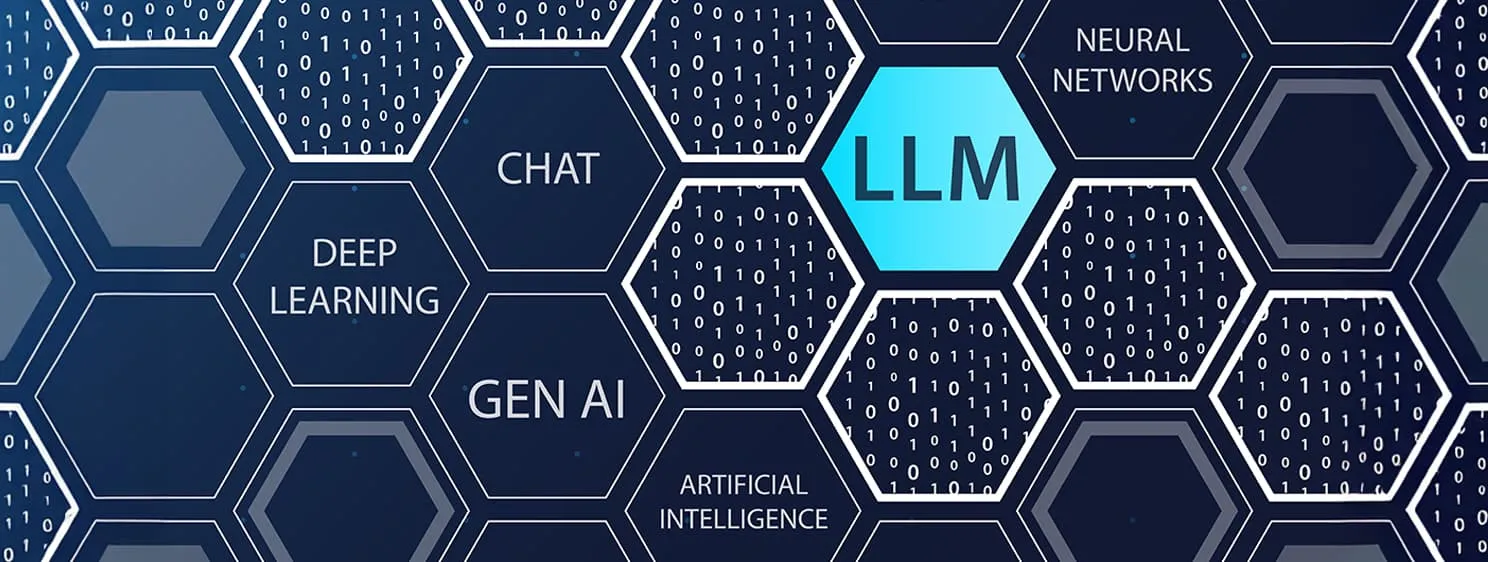|
Getting your Trinity Audio player ready...
|
One of the world’s largest block reward miners has fallen victim to an information leak and is now being forced to disclose internal data to set the record straight. Argo Blockchain (LSE: ARB) had some of its internal information leaked by a consultant, including the true cost of its Texas mining facility, which runs up to $2 billion.
In its filing with the London market regulator, Argo claimed that some of its representatives had held a meeting with Anthony Coyle, an equity portfolio manager. In the meeting, they had disclosed some internal information that wasn’t meant to go public yet. Coyle went on to post this information on Twitter, forcing the company to counter with a statement quickly.
In the filing, the company sought to set the record straight on its Texas mining facility. The facility has been the subject of controversy, with reports that Argo had paid 100x more than the land was worth.
Now, the company has revealed that it will cost $1.5-$2 billion to build the 800 megawatts facility.
“This cost range is based on numerous assumptions, including the type of mining machines to be installed in the facility, the mix of owned and hosted machines, the cost of raw materials, labour and power required to construct the facility, the timing of build-out and machine purchase, and other factors,” it said.
This facility has turned out to be one of CEO Peter Wall’s greatest controversies. While it was meant to consolidate Argo’s position as one of the world’s biggest block reward miners, it’s become a source of scrutiny into the internal practices at the firm.
Boatman Capital, an American short seller, published a report in August that claimed Argo had paid $17.5 million for land worth $168,000. The short seller claimed to have had the land valued by a certified real estate appraiser in Texas. The value was also reportedly corroborated by local tax records.
There was also the question of just how much land Argo acquired. In February, it had claimed that it had reached an agreement to purchase 320 acres of land, which it reiterated in subsequent reports. However, in June, CEO Wall admitted that the deal was only for 160 acres with an option to buy the other 160.
The CEO denied claims that fishy games were being played between Argo and the land owners, who also happened to own Argo stock. He said that the purchase was a solid deal that Argo could use to propel itself to the top.
Aside from the $2 billion land deal, Argo dismissed claims by Coyle that the firm had seen a 25% uplift in hash rate through the use of immersion cooling technology. While the firm has claimed that immersion cooling would be a game-changer, “it does not have sufficient data to make such a claim, and did not claim this [the 25% uplift].”
Coyle also allegedly claimed that Argo would diversify from BTC mining and forecasted that 20% of Argo’s revenue would be from other digital currencies. This was not a forecast but “rather to provide directional insight into the potential level of revenue diversification that Argo currently believes could be acceptable,” it said.
In June 2020, Argo bought 750 Antminer Z11s which specialize in the Equihash algorithm for close to $500,000. Few coins use the Equihash algorithm, with the most popular one being privacy-oriented Zcash. Coyle allegedly revealed that Argo had brought in a 500% return on investment from these machines.
“This statement was made to illustrate that return on investment can vary greatly, and this was a particularly favorable example,” the company, which is also listed on the Nasdaq Global Markets, clarified.
Watch: CoinGeek New York panel, Investigating Criminal Activity on the Blockchain

 06-30-2025
06-30-2025 





